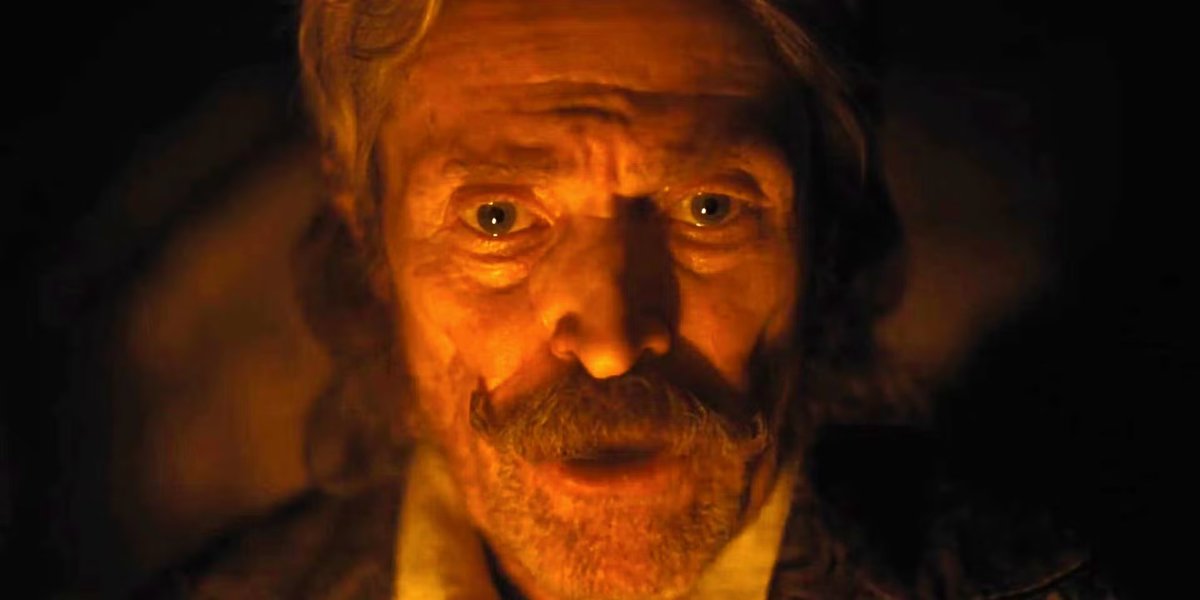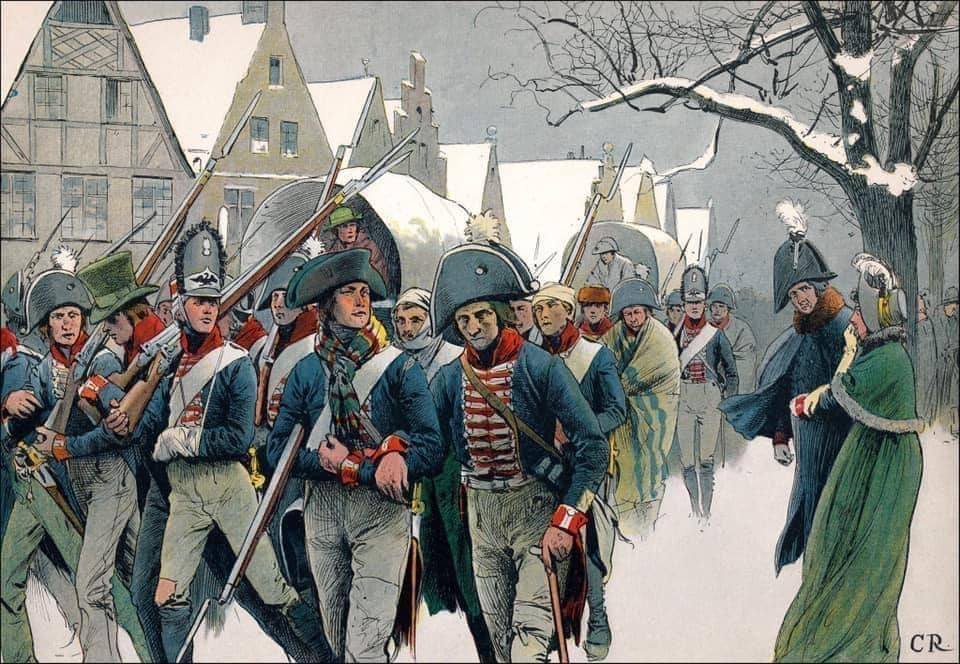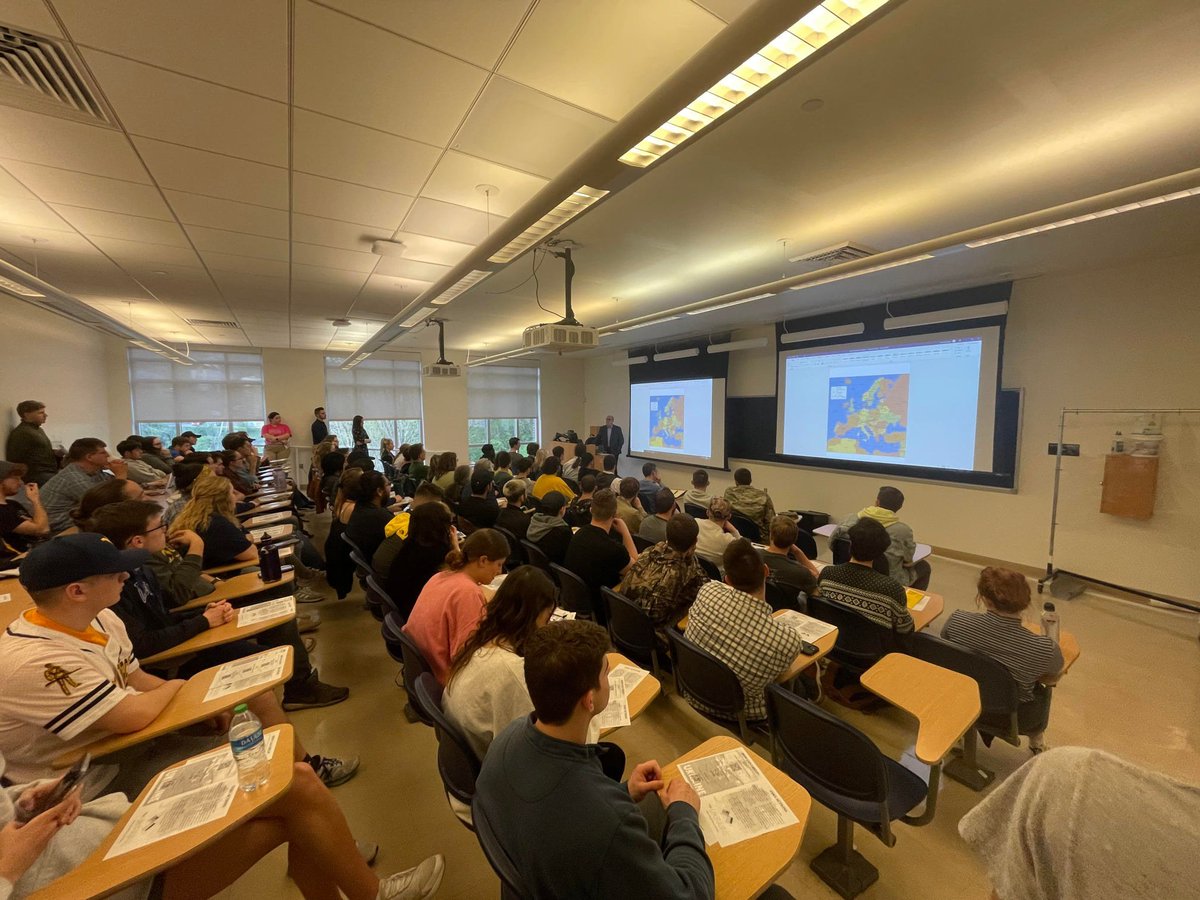Just saw Robert Eggers' Nosferatu.
As a historian, more than any other director, I trust Eggers to capture the "vibes" of a historical setting, even a fantasy one like this.
From the standpoint of capturing the 1830s in Germany, this film is great.
🧵 1/25
As a historian, more than any other director, I trust Eggers to capture the "vibes" of a historical setting, even a fantasy one like this.
From the standpoint of capturing the 1830s in Germany, this film is great.
🧵 1/25

It's a remake of the original, and I'm not really going to get into the plot or spoilers that much, but rather evaluate the setting in 1830s "Germany" and Transylvania. 2/25 
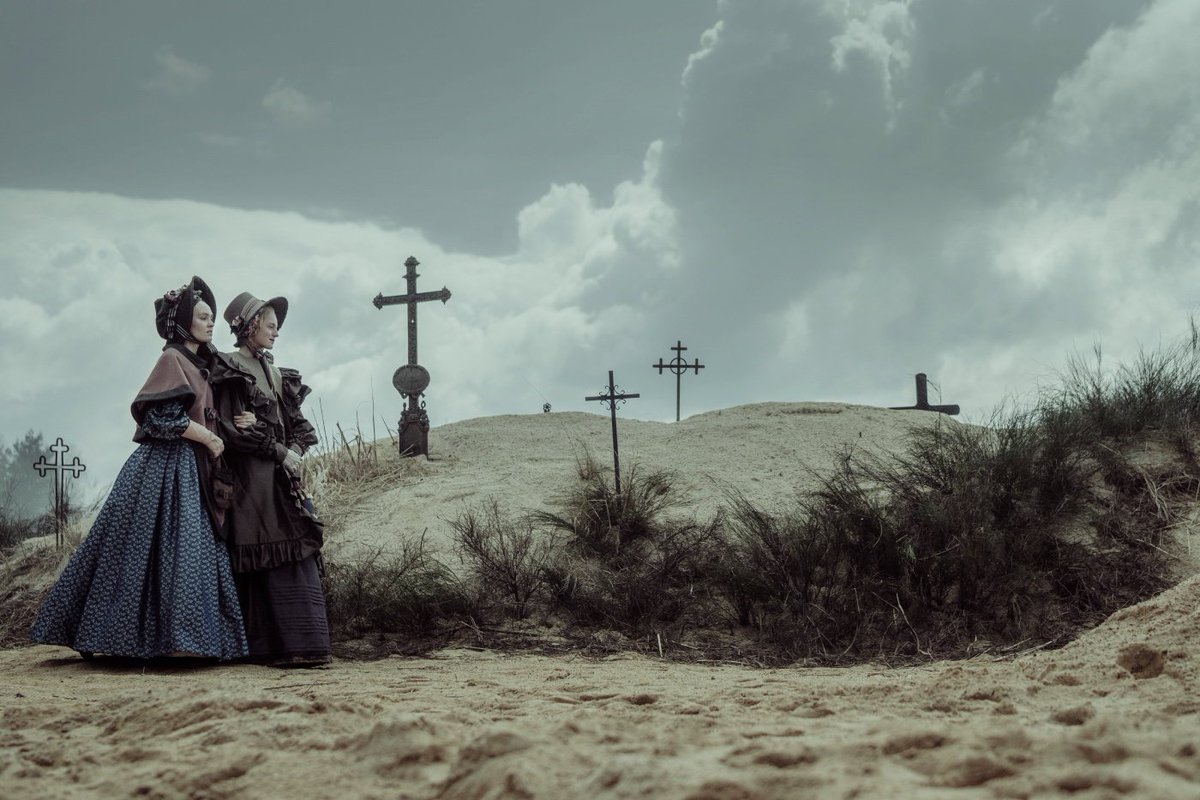
Although I am an 18th Century Historian, my advisor (tragically, departed) Katherine B. Aaslestad studied the principal setting of the film: the coastal trading cities (Hansestädte) of North Germany in the early 1800s. 3/25 





There are some beautiful shots of the city (fictional: Wisborg, a stand-in for Wismar?) that would have delighted her. They look like they were pulled directly from the art of the period. I loved this part of the movie. 4/25 
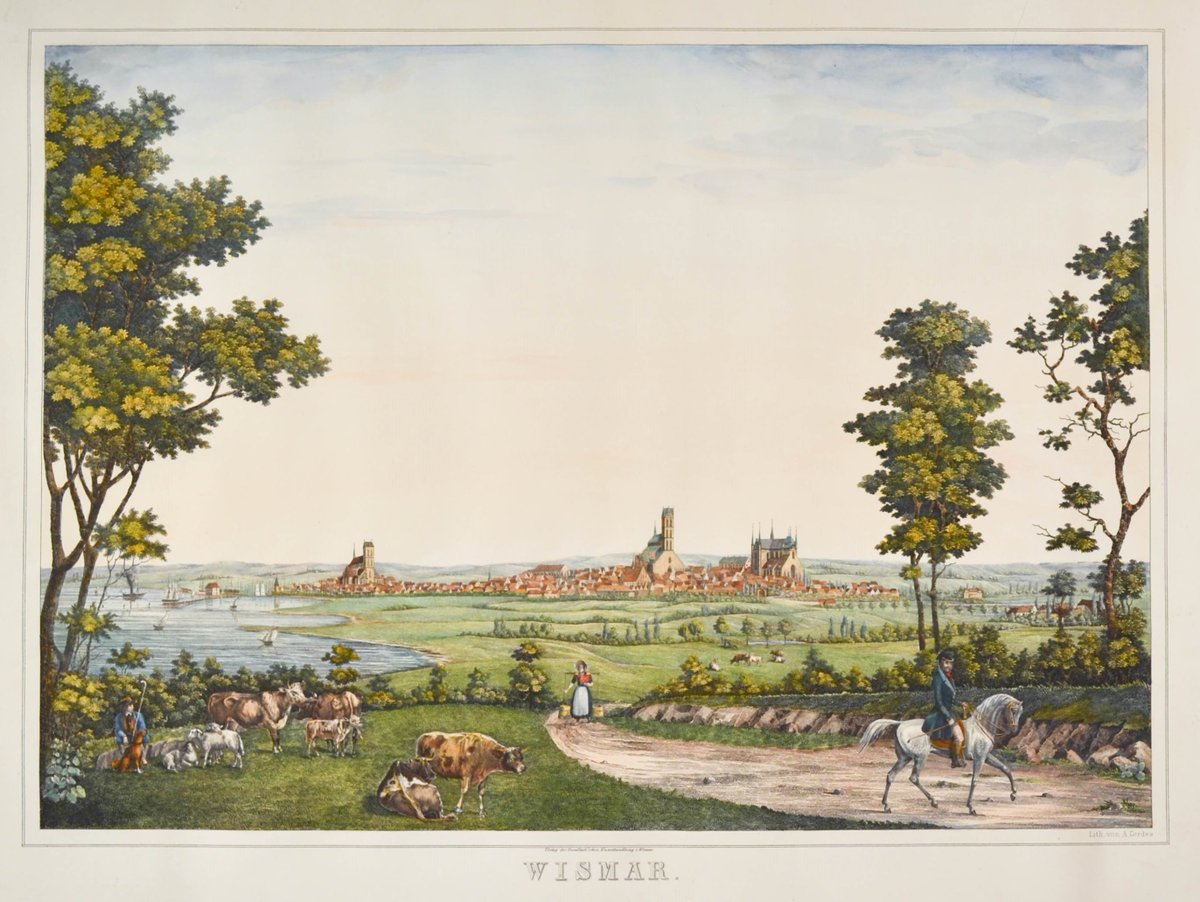
Long story short, the husband (Nicholas Hoult) of the young woman being haunted by the vampire is sent, unknown to him, to the Count Orlok (the Vampire)'s castle in Transylvania, to finalize purchase papers. 5/25 
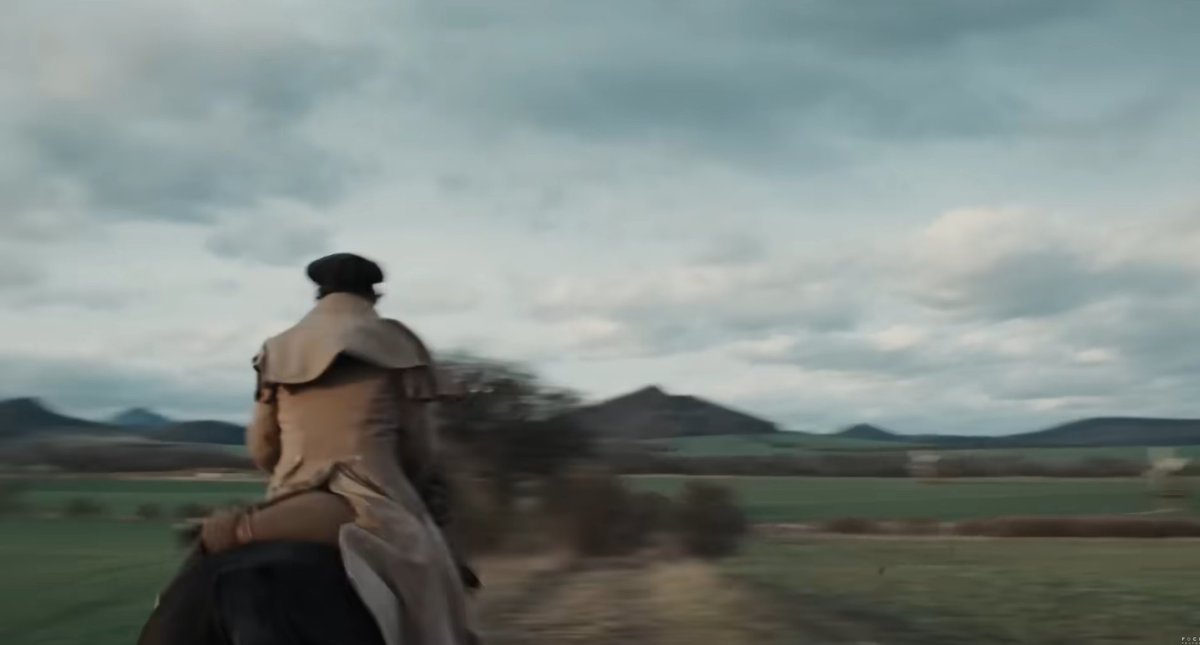
Man, let me just tell you, early 19th century men's overcoats are basically their own character in this film. Particularly Willem Dafoe's. 6/25 

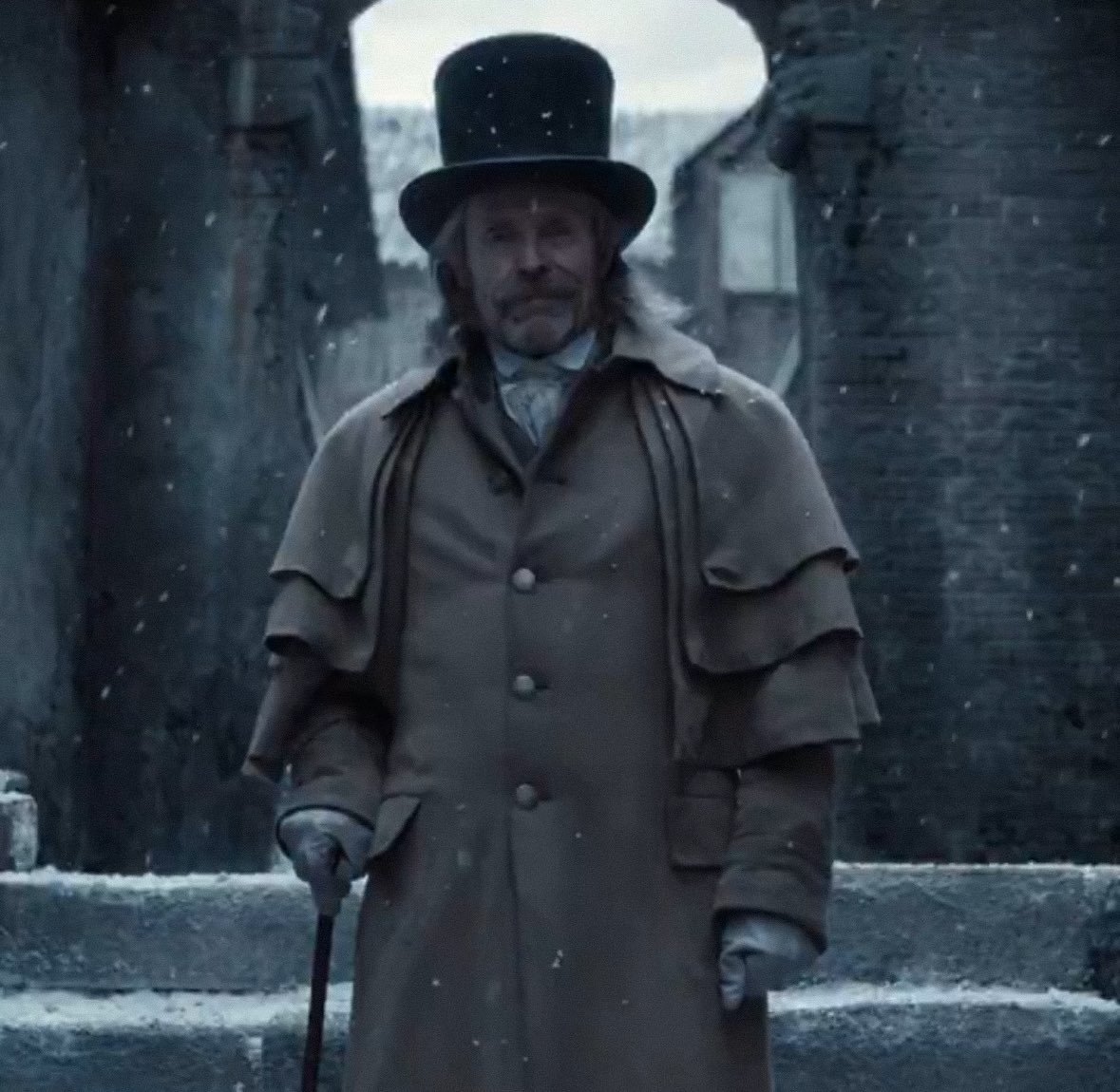
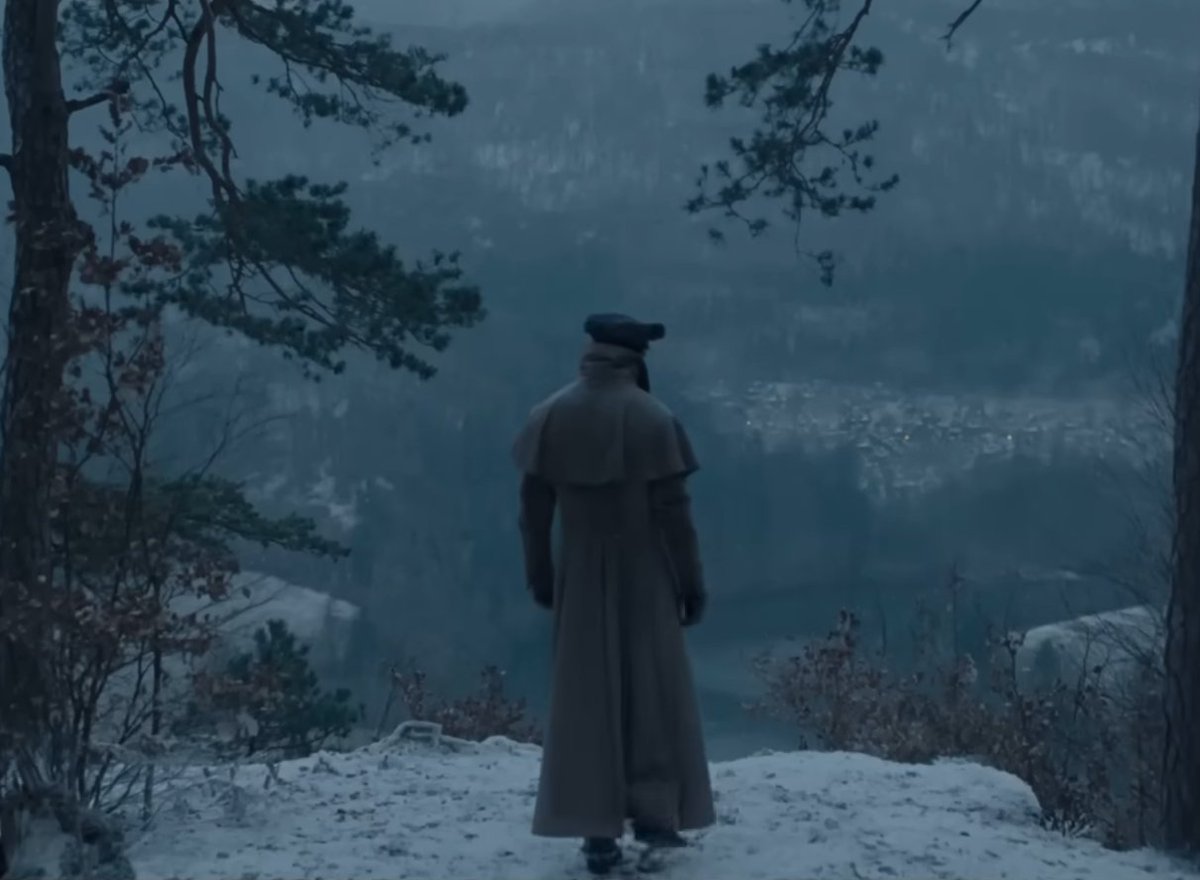
Husband gets to the castle, and meets Count Orlok. Refreshingly, he isn't a black-clad bald figure, but instead looks like he came straight out of Bethlen Gabor's Transylvanian army in the 1580s-1610s. I really loved this. Linda Muir knocked it out of the park. 7/25 


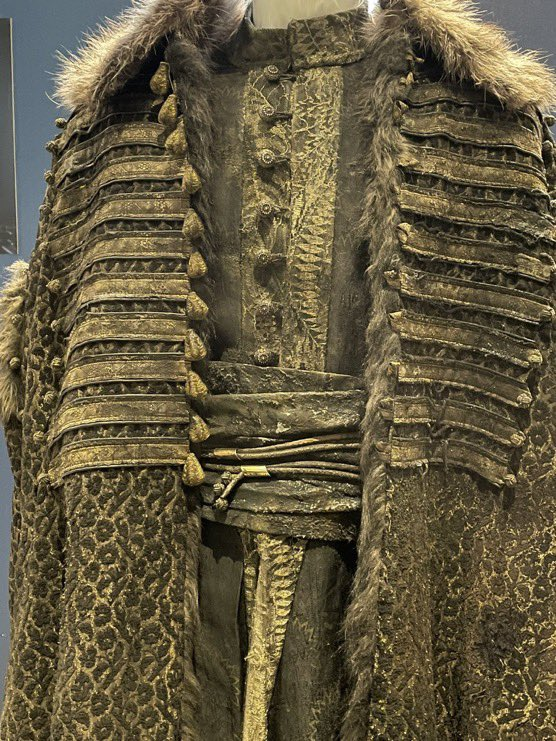
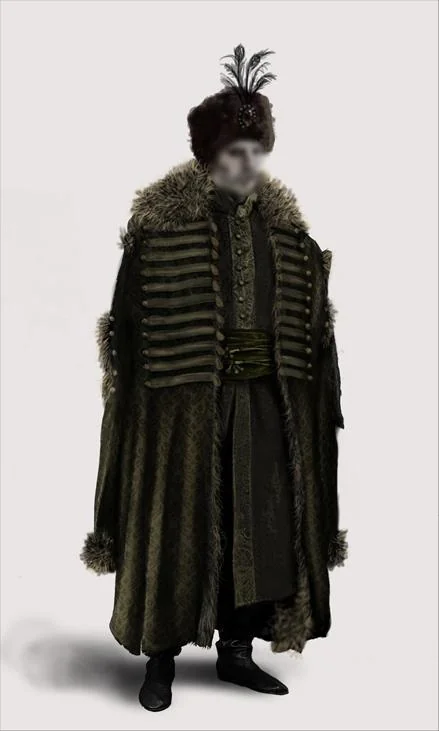
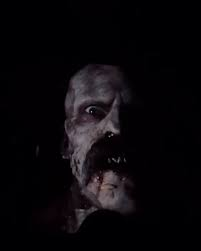
Very refreshing to see the fashions of early modern eastern Europe treated so well. The fashions of the time and place of vampiric origin stories are well-represented in Orlok's wardrobe. 8/25 



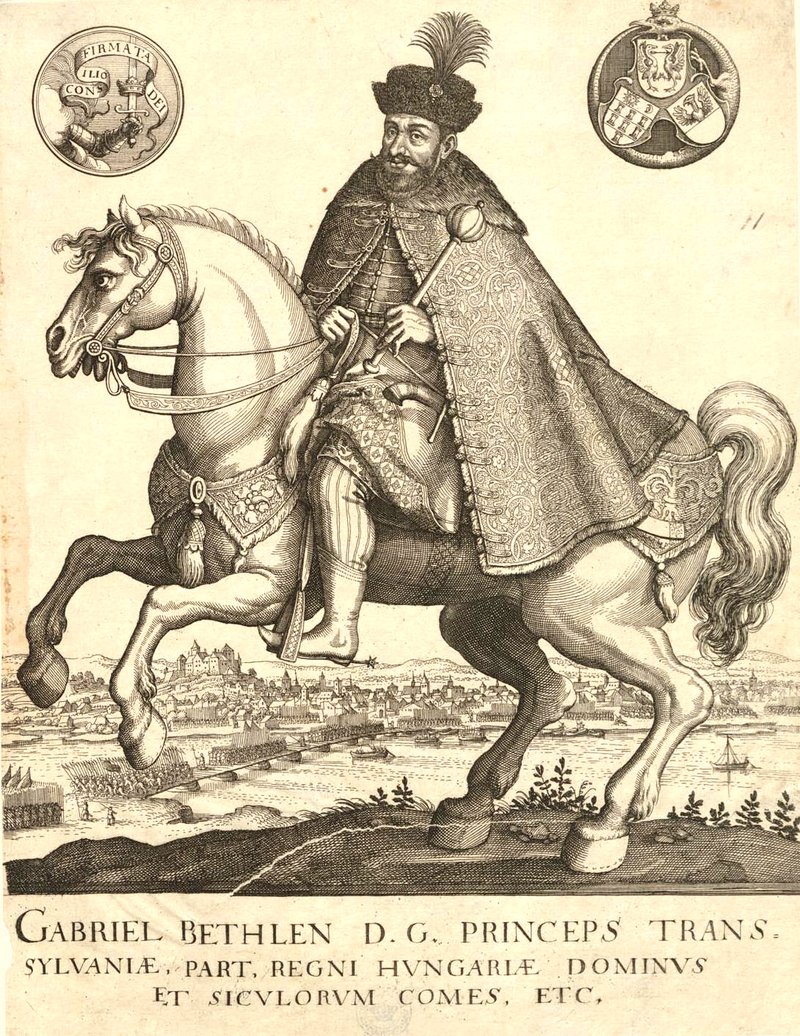

Orlok signing the contract to supposedly purchase property in Wisborg is one of the most interesting scenes in the film with early modern German culture and language on display: a nice black and white drawing "Ansicht von Schloss Grunberg" is prominently shown. 9/25 
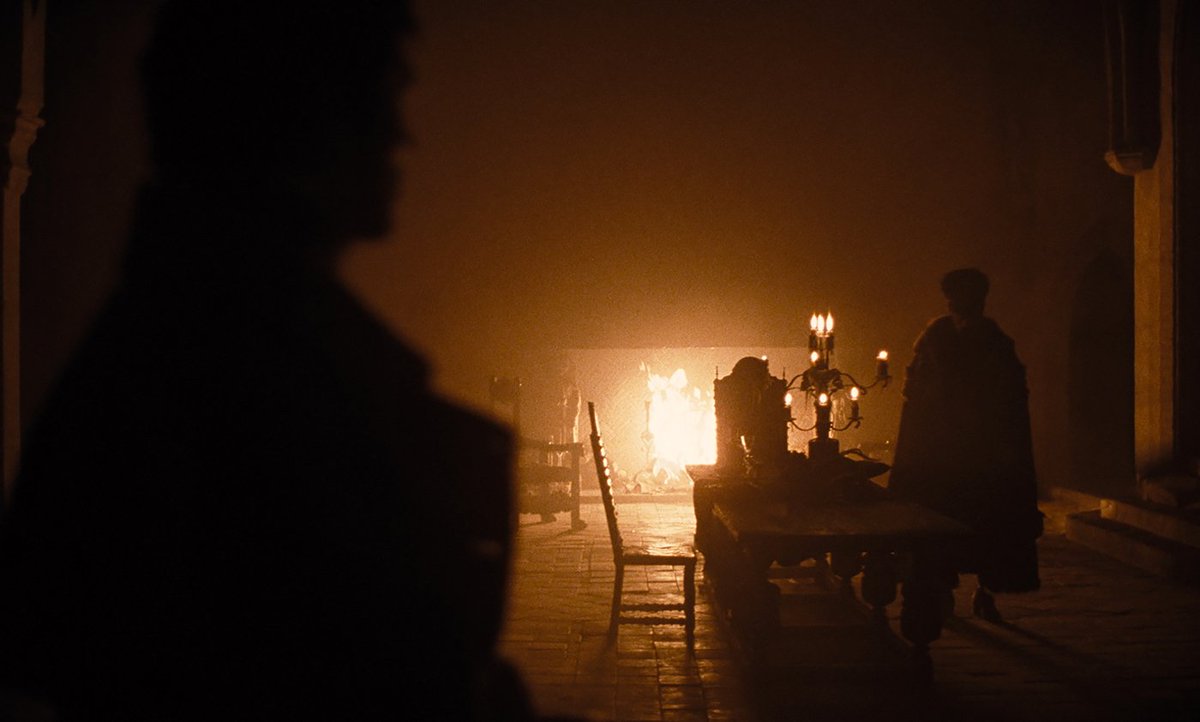
Much of the paperwork in this scene is written in Kurrentschrift, an obscure and annoying early modern German script that I spent years of my life deciphering in graduate school! So exciting! 10/25 
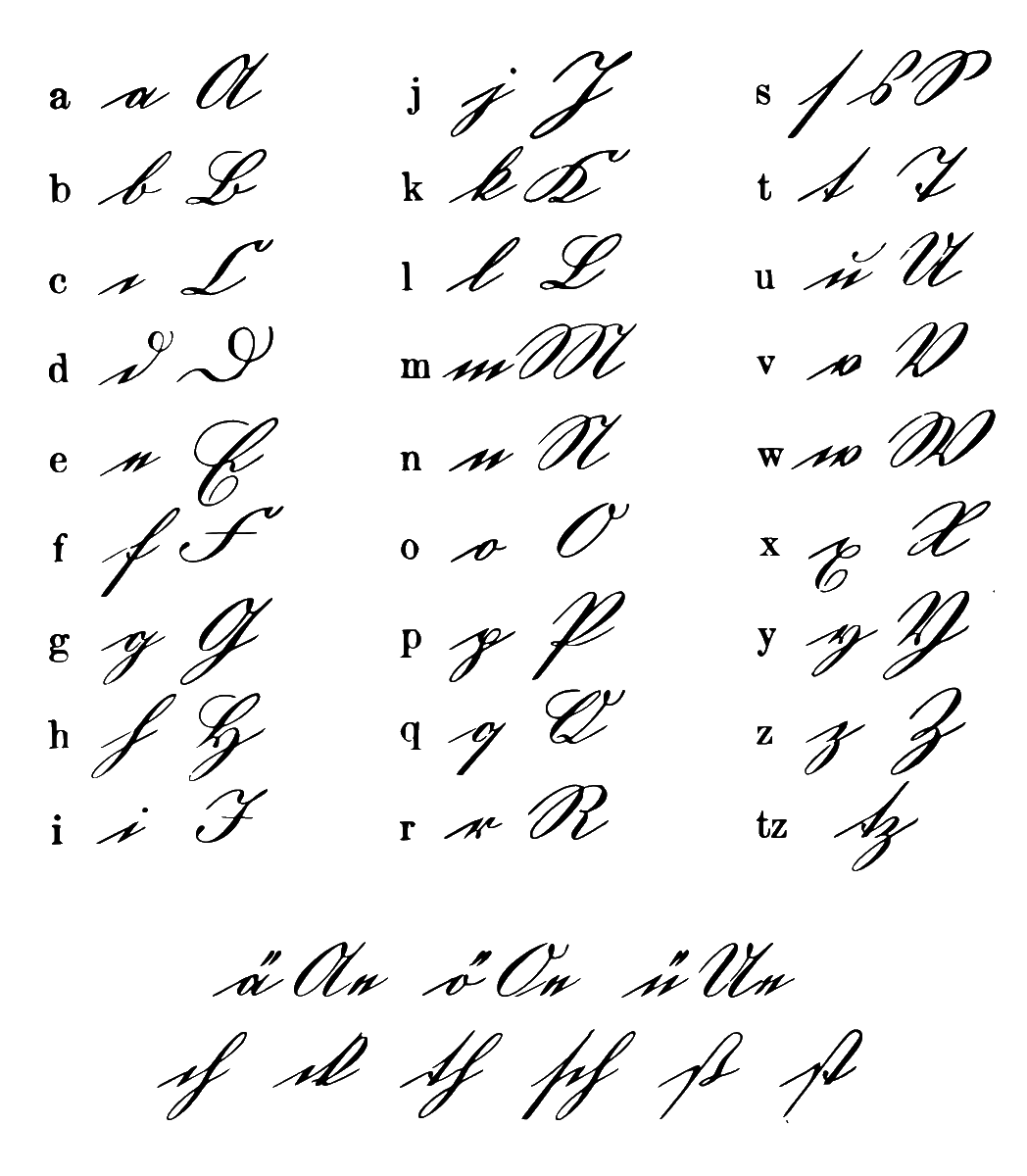
Also, I was relatively pleased with the use of linguistic markers to show that despite everyone speaking with a British accent, the film was actually set in the German Confederation. "Meine" "Herr" and "Frau" are used, but no-one speaks in a cheesy accent. 11/25
Well, obviously, since the main character Ellen (Lily-Rose Deep) inadvertently made a love-contract with Count Orlok, he slowly works his way to Wisborg and hijinks ensue. As Ellen's symptoms worsen, a series of friend and doctors turn to: 12/25 
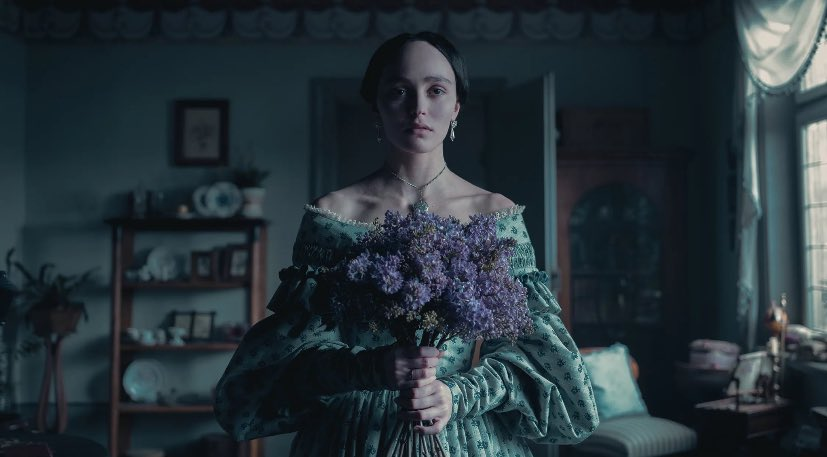
Willem Dafoe, playing Professor Albin Eberhart von Franz. He's the van Helsing analogue. Dafoe really steals the show. Like, really. My main man has some absolutely incredible lines. Such as: 13/25 
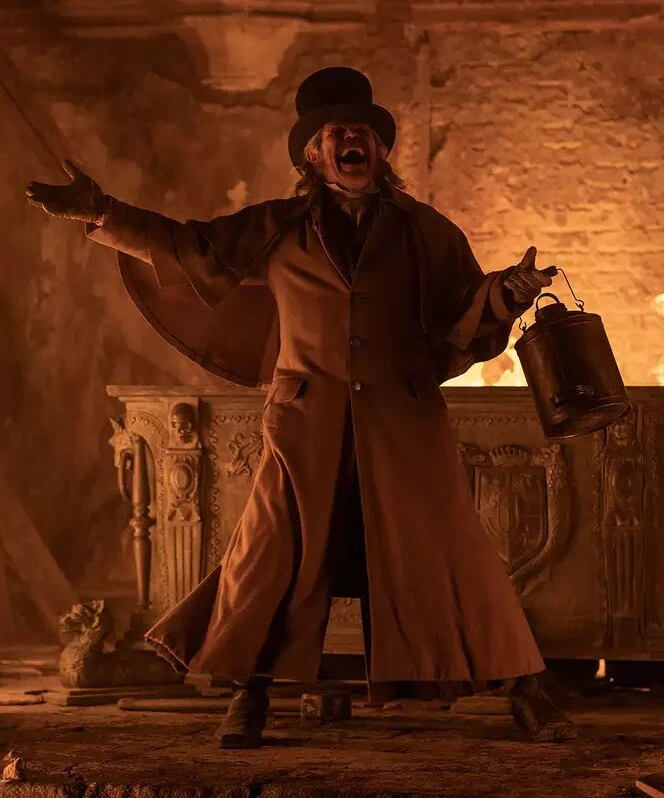
"I have seen things in this world that would have made Isaac Newton crawl back into his mother's womb!" (this is the only line that got an audible laugh at my showing, btw) 14/25 
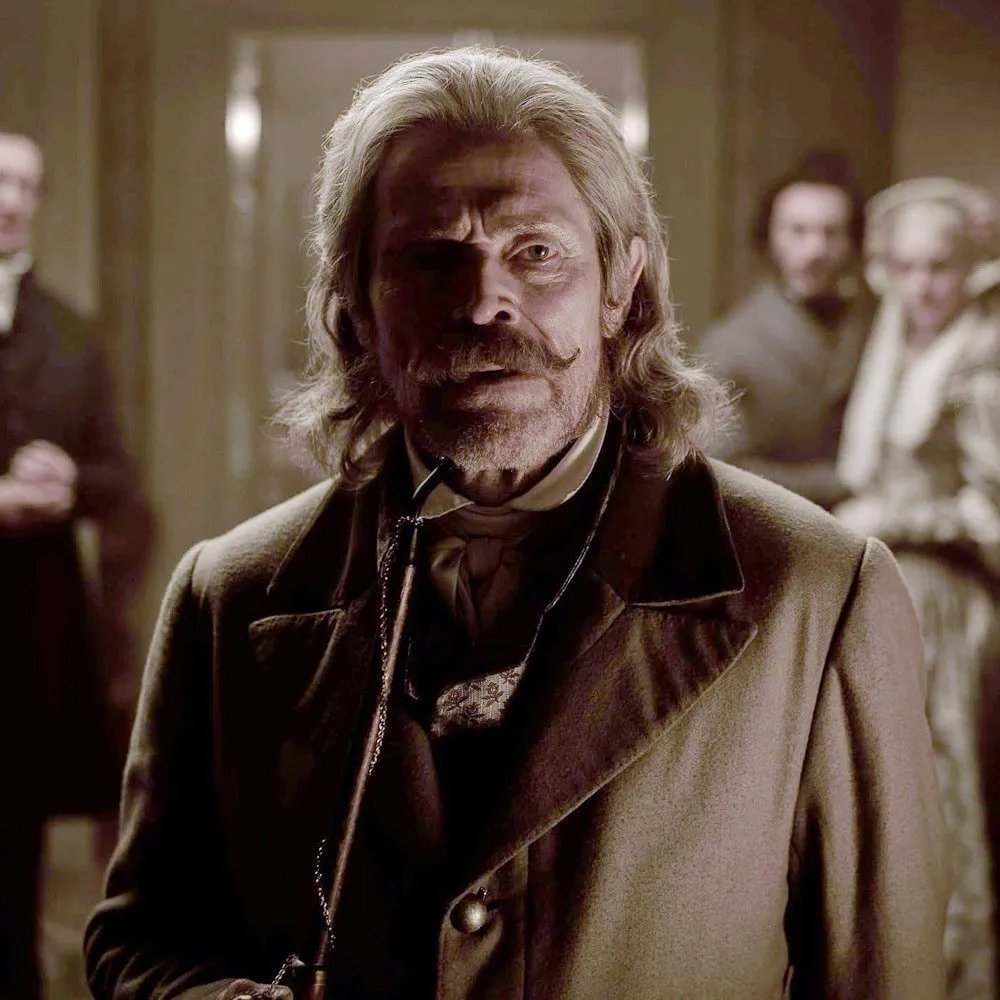
"I have wrestled with the devil as Jacob wrestled with the Angel, and I tell you that if we are to tame darkness we must first face that it exists!" 16/25

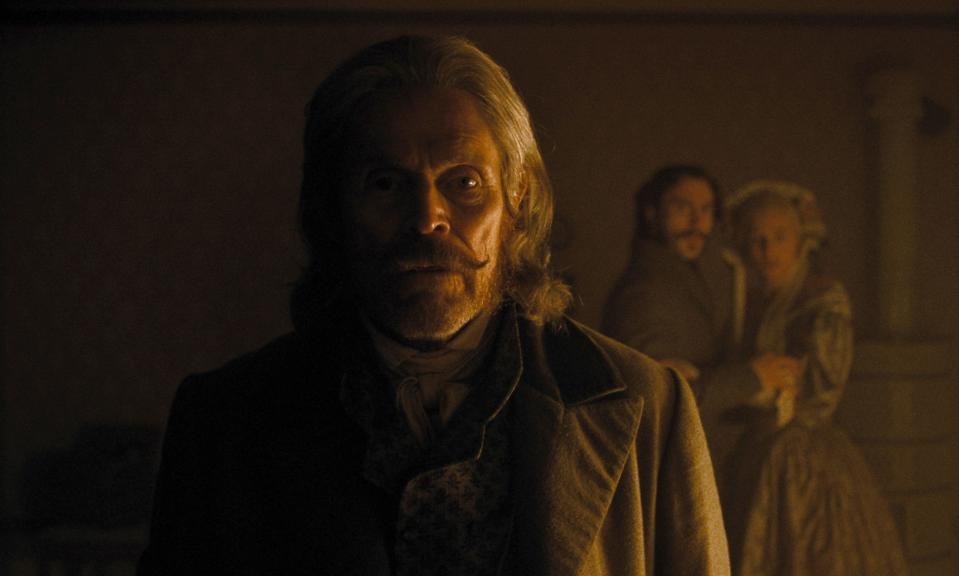
His slightly more antiquated fashions (I seem to recall him in a banyan and cap during the first meeting, I can't find any photos of that tho) match well with a man who would have been born in the 1770s. 17/25 
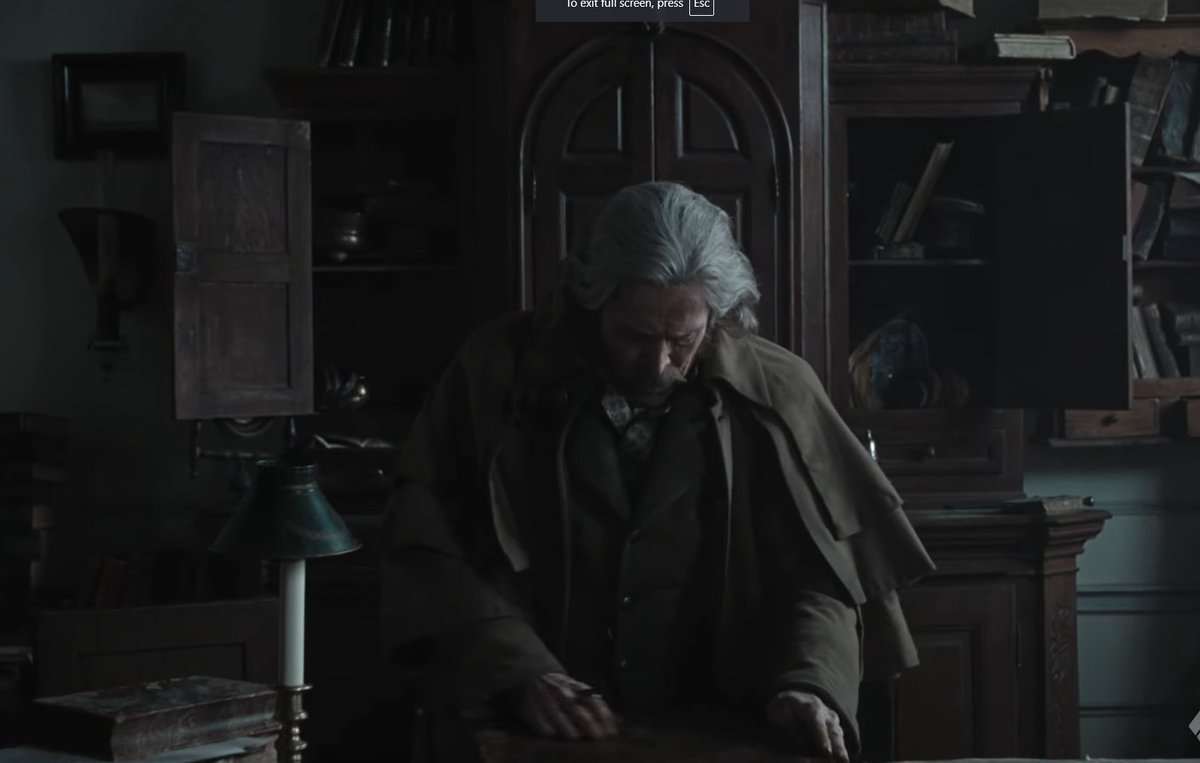
Dafoe's stubble and refusal to wear middle-class black clothing help mark him out as one of the insane. Just an incredible performance, delivering a lot of nonsense lines, but working with Ellen (Lily-Rose Depp) to save the day. 18/25
Ralph Ineson (another of Eggers' standard actors) delivers a solid performance as a former medical student of Dafoe's von Franz. 19/25 
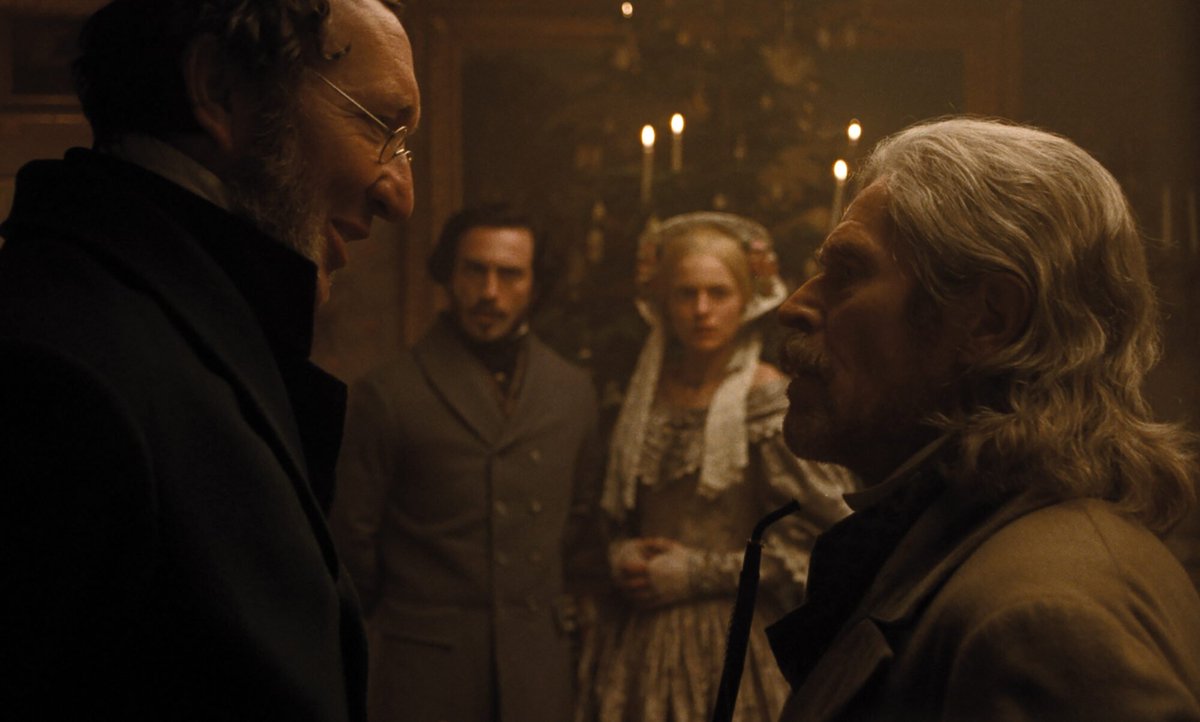
The film is an interesting addition to vampire lore: a traditional peasant staking occurs, of the sort that I've written about on here before in the 1720s. 20/25

https://x.com/KKriegeBlog/status/1851739385143922724
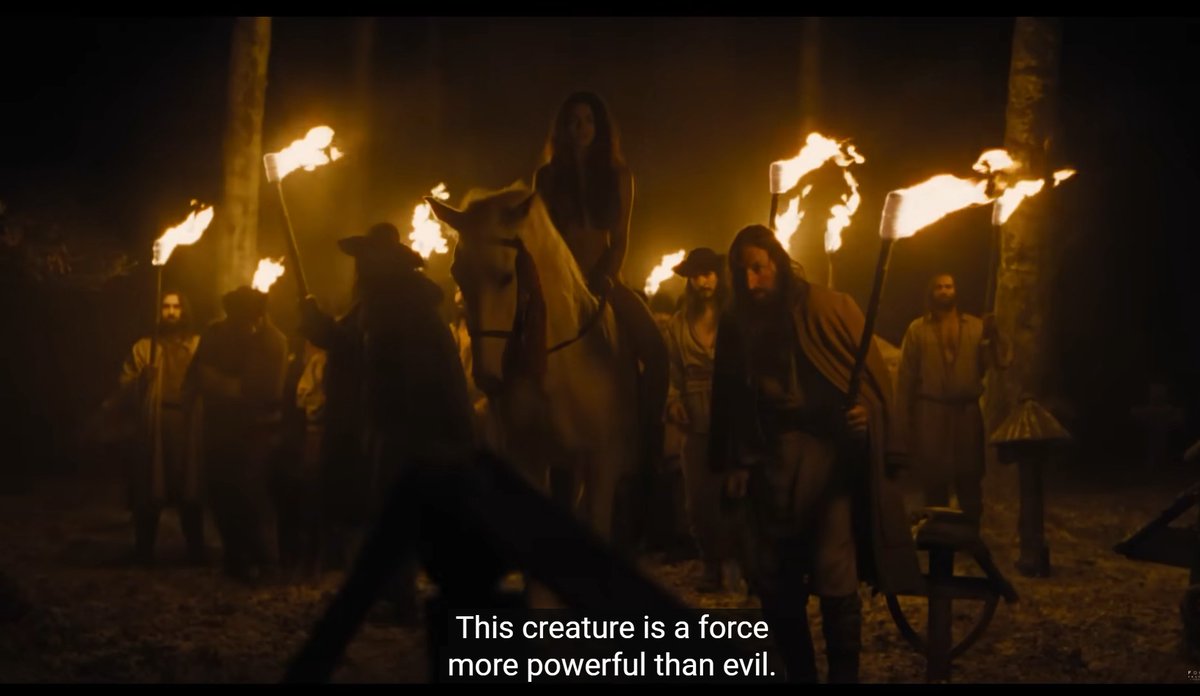
The film is fairly explicit in turning the traditional narrative of vampirism on its head: we don't have vampires anymore because the enlightenment made people discard folk tales. Instead, the peasants, wise women, and nuns in Transylvania are the characters most prepared. 21/25 

In the "modern" German Confederation, science has made the people vulnerable to the vampiric influence, since they don't believe in the supernatural, a sentiment directly stated by von Franz, and referenced by Count Orlok ("I can't wait to live in your modern city") 22/25
Crosses, Garlic, stakes, fire, and the sun are all used, to effect or no, by both the traditional Transylvanian peasants and the more modern Germans. The Transylvanian village and countryside is amazing, icons, cloisters, and shrines mark this as a different world. 23/25 
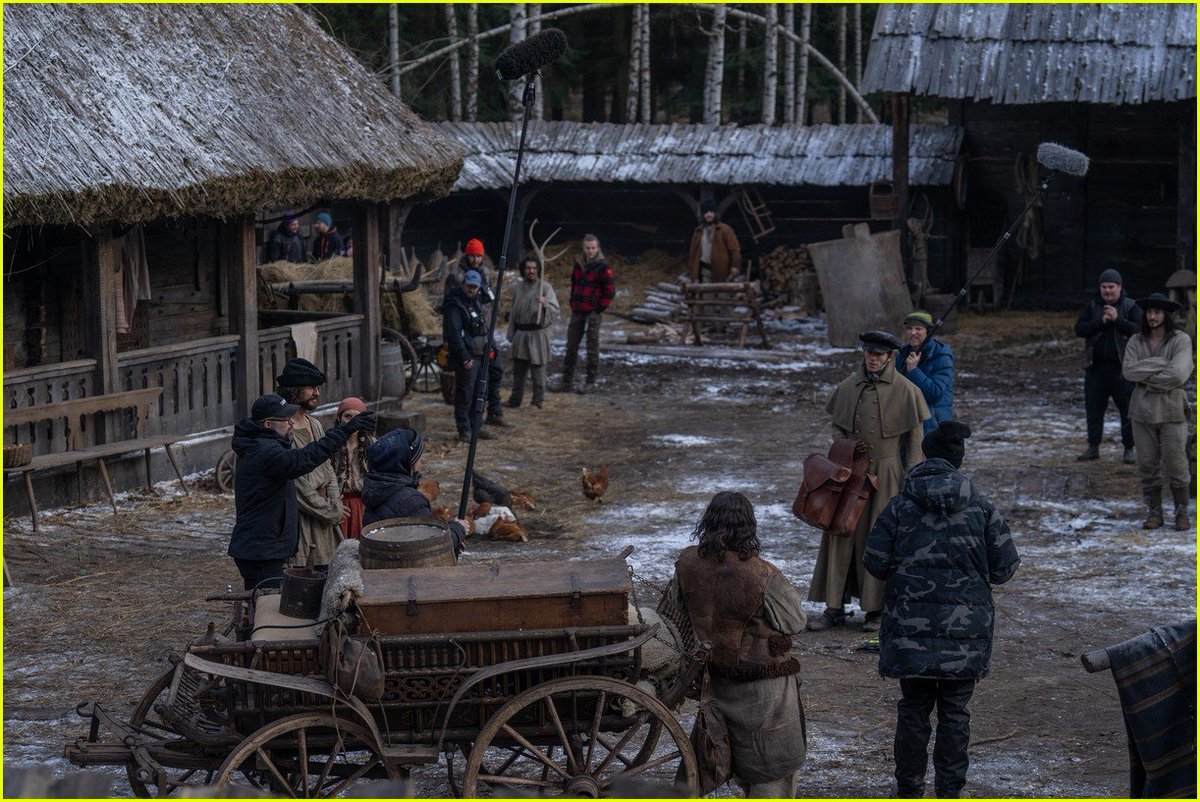
There are some Christmas references, including a music box that plays Stille Nacht (silent night) which was 20 years old when the movie was set. 24/25 
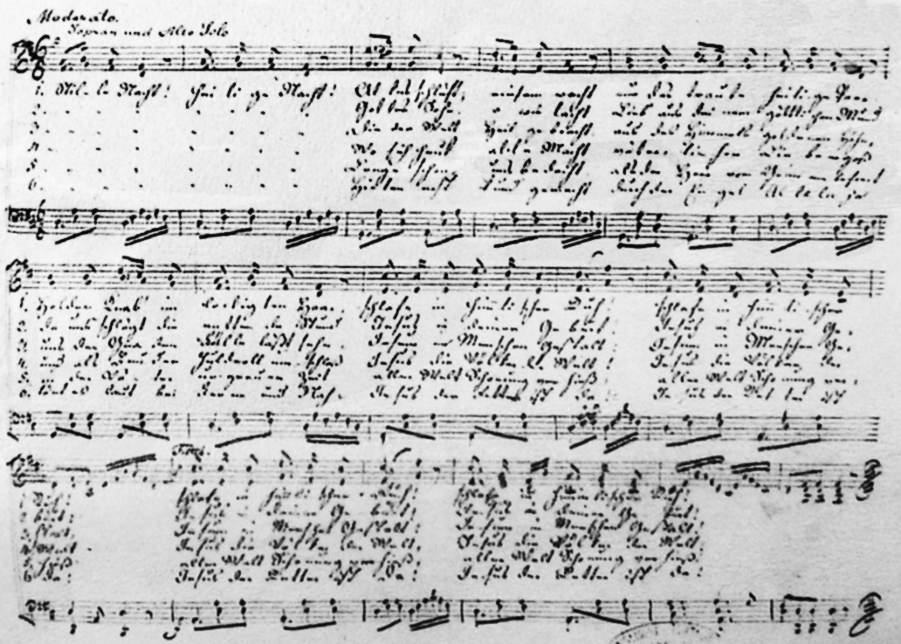
Eggers & Co. have knocked this one out of the park. It isn't a history movie, but it is a movie set in a concrete historical time.
There only so many movies where I exclaim: "say, that's a nice brig!" 5/5 stakes.
My review of Northman:
25/25
There only so many movies where I exclaim: "say, that's a nice brig!" 5/5 stakes.
My review of Northman:
25/25
https://x.com/KKriegeBlog/status/1723095224866541638
• • •
Missing some Tweet in this thread? You can try to
force a refresh

